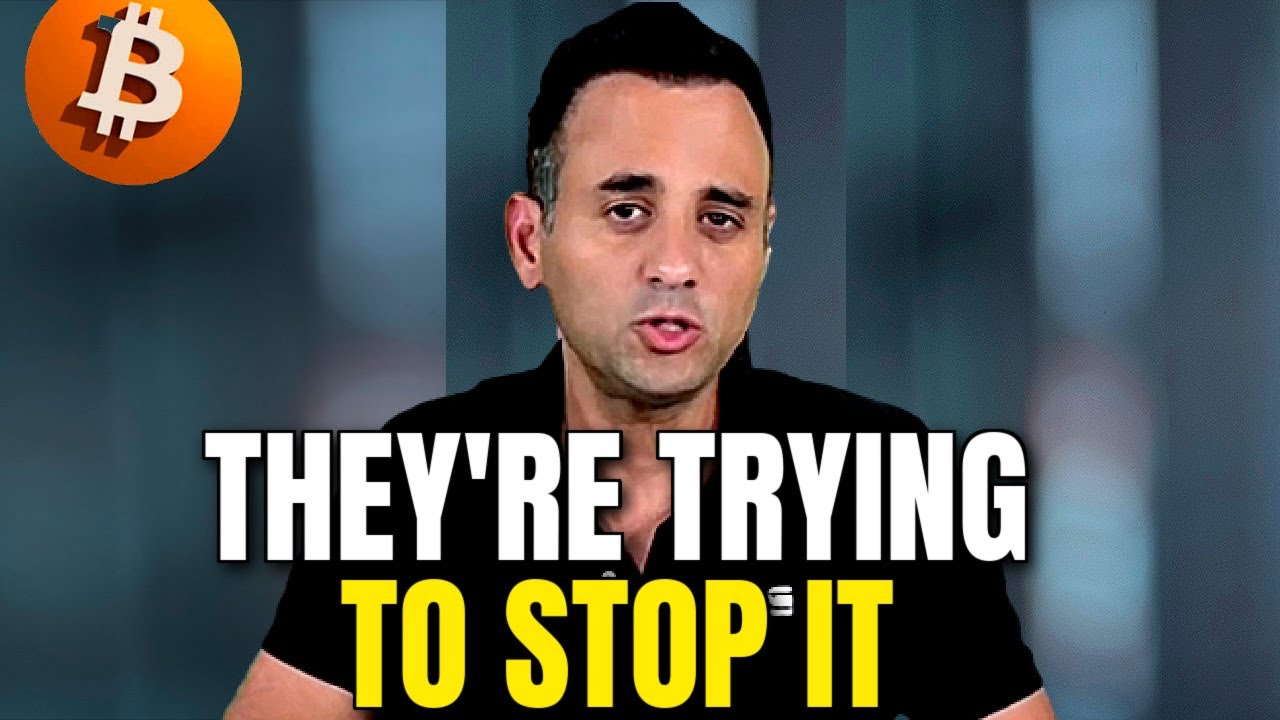Polish competitors watchdog says it has been more and more monitoring different funding advertisements by Polish social media influencers, lately charging a couple of individuals with selling Ponzi schemes – however is seemingly not investigating crypto-related advertisements, with a couple of exceptions.
The knowledge supplied by the Workplace of Competitors and Client Safety (UOKiK) signifies that the company is just not investigating crypto-related advertisements in Poland except they promote scamcoins, are deceptive to traders, and inform them on potential dangers associated to such investments.
“Because the starting of the pandemic, we now have noticed a rising variety of varied different investments marketed on-line, together with on social media. Amongst them are […] Ponzi schemes. Sadly, to make such undertakings seem legit, such entities use the photographs of well-known individuals from the world of enterprise or politics,” a spokesperson for the UOKiK advised Cryptonews.com.
The company’s consultant stated that, underneath Polish regulation, each organizing and selling Ponzi schemes is unlawful, and the UOKiK is at the moment “pursuing quite a few investigations wherein it pressed fees towards so-called touts, so individuals who attempt to persuade customers to speculate their cash in such tasks.”
Final 12 months, the company kicked off its marketing campaign towards on-line influencers engaged in selling Ponzi schemes with the primary main positive to be imposed on such an individual. A Polish youtuber was handed a positive of PLN 450,000 (USD 109,000), in keeping with the spokesperson.
Requested whether or not there have been any limitations on crypto-related advertisements, the spokesperson denied it, saying “it’s forbidden to advertise Ponzi scheme-type techniques” and “to mislead customers.”
“Along with this, if an influencer promotes by their channel an outlined funding and presents the advantages that it may possibly convey, they need to additionally explicitly inform customers on the dangers associated to this funding,” the company’s consultant stated.
Potential monetary penalties that could possibly be imposed by the watchdog for infringement of the collective pursuits of customers can complete as much as 10% of an entity’s annual turnover for every of the recognized unlawful practices.
Along with this, the UOKiK says that it shares the outcomes of its investigations with Polish regulation enforcement businesses which may set off additional authorized woes for influencers concerned in unlawful actions.
Ponzi schemes are prosecuted in Poland underneath artwork. 286 of the nation’s Penal Code. Involvement in such frauds is punishable with jail sentences of between six months and eight years.
Final 12 months, the regulator warned the general public concerning the alleged scamcoin DasCoin, ordering the token’s operator to stop its “unlawful actions.” The assertion adopted a probe launched by Polish prosecutors into the DasCoin’s creators. In what was presumably Poland’s largest crypto-related Ponzi scheme, the alleged scamcoin’s founders cheated traders out of an estimated USD 66m.
The newest growth comes as crypto-related advertisements are drawing the ire of assorted regulators and decision-makers throughout Europe. Within the UK, a London-based huge promoting marketing campaign initiated by floki inu (FLK), a memecoin named after Tesla chief Elon Musk’s Shiba Inu canine, pushed some native politicians to name for a ban on advertisements that includes unregulated monetary merchandise displayed by Transport for London (TfL).
____
– Floki Inu’s London Advert Marketing campaign Attracts Inexperienced Occasion Politician’s Ire
– Poland Ought to Both Be a part of Eurozone Or Subject Personal CBDC – Inventory Change CEO
– Buyers Are Nonetheless Free To Use Binance, Says Polish Regulator
– Celebrities Have to Keep away from Deceiving Inexperienced Crypto Buyers









